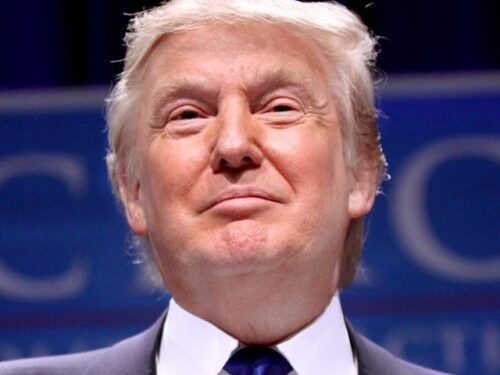The latest round of sweeping tariffs imposed by President Donald Trump is a colossal blunder that is actively harming the American economy and pushing key allies into the waiting arms of China.
While Trump claims his tariffs will bolster American jobs and tax revenues, the reality is a starkly different one. As evidenced by a surge in trade inquiries from Brazil and India to Beijing, the tariffs are not weakening rivals—they are inadvertently strengthening them by forcing global exporters to diversify their markets away from the United States.
This protectionist policy is a self-inflicted wound that undermines America’s economic standing and hands a significant diplomatic and commercial victory to its top geopolitical rival.

The Costly Unintended Consequences of Tariffs
The economic fallout from Trump’s tariffs on countries like Brazil and India is already a grim reality. By slapping a punitive 50% tariff on Brazilian coffee, a commodity the U.S. cannot produce domestically in large quantities, the administration has created a significant incentive for Brazilian exporters to pivot to new markets.
As supply chain experts have pointed out, China, with its rapidly growing cafe culture, has become a “shining light” for these exporters. Similarly, Indian seafood exporters, hit with a punishing 50% tariff, are now actively looking to China and Europe to offload their products. This is a shortsighted strategy that is simply making American importers less competitive and forcing them to pass on higher costs to American consumers.
The idea that a five-pound bag of Brazilian coffee will cost 25% more is less a tax on Brazil and more a direct tax on the American consumer.
What Can Be Done?
The United States must abandon its failed strategy of using tariffs as a blunt instrument of foreign policy. The solution to global competition and trade imbalances is to build stronger bridges with strategic partners.
First, the administration should immediately repeal its blanket tariffs and replace them with a more targeted approach that addresses specific unfair trade practices without alienating key allies.
Second, the U.S. must invest in domestic production and innovation, rather than relying on punitive taxes that are easily circumvented. This means funding American businesses, workers, and infrastructure to make them more competitive on the global stage.
Finally, the United States must work with its partners, particularly those in the Global South, to form a united front against true economic threats and to ensure that global supply chains are resilient and fair.

















